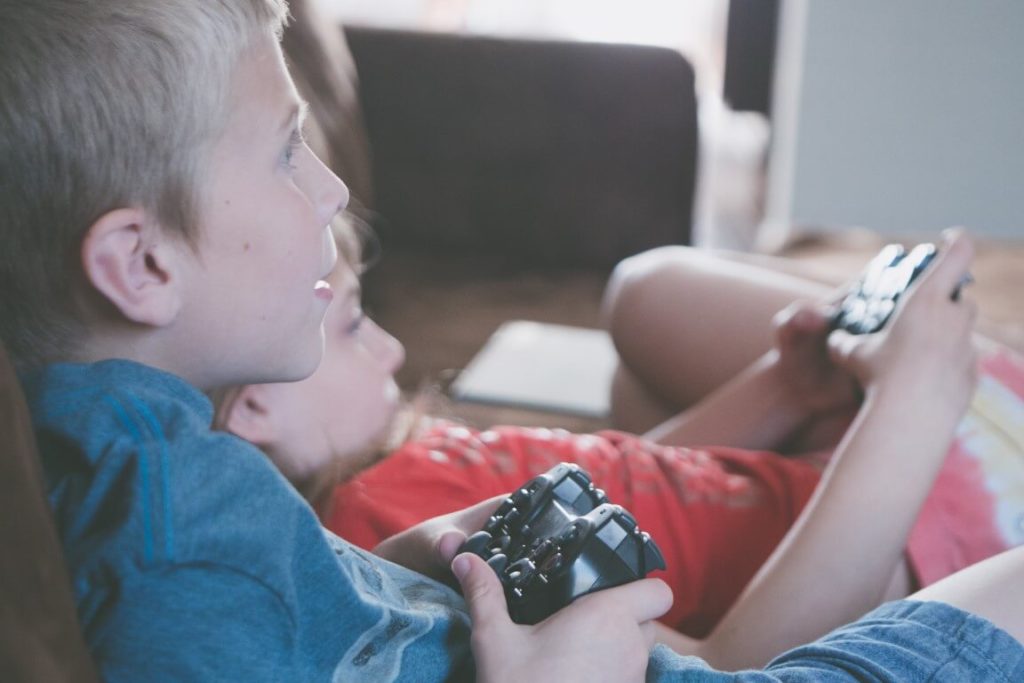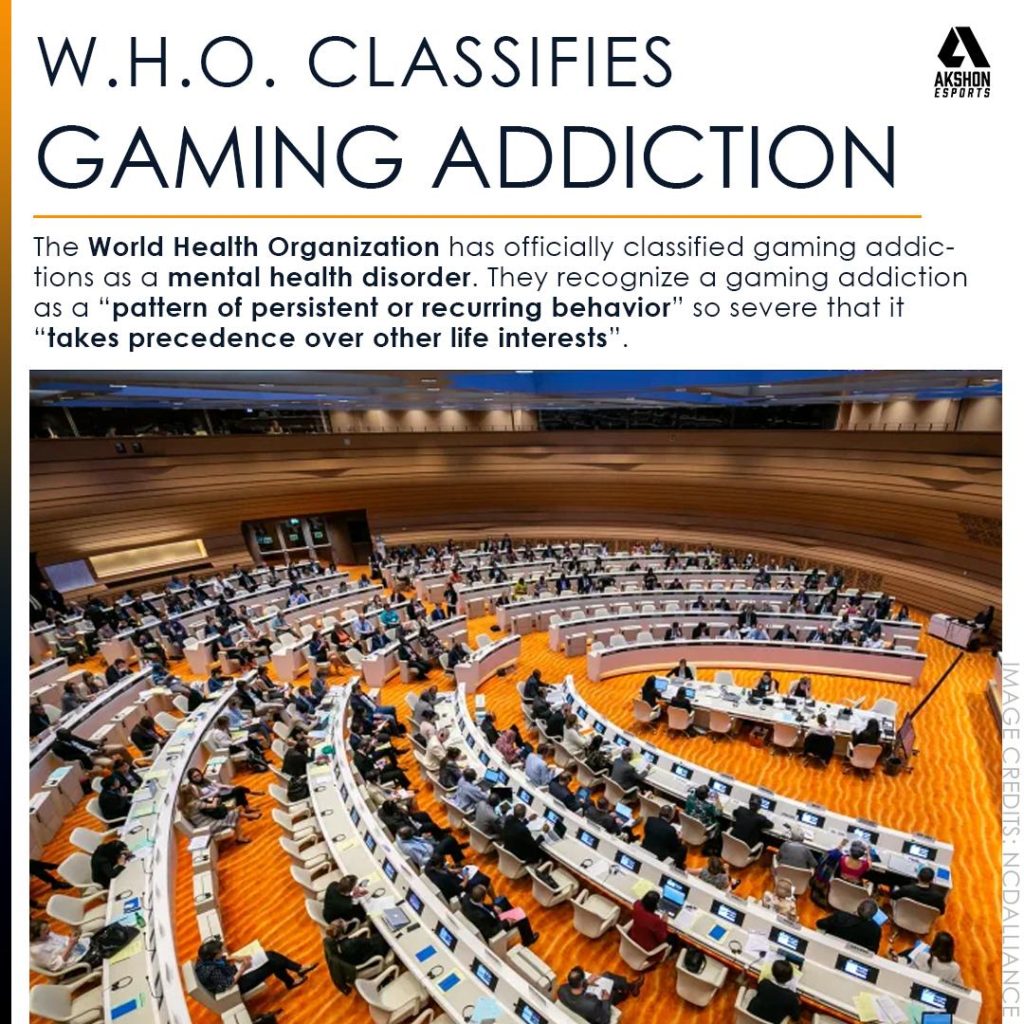
As computers have been integrated into our lives, so have video games and consoles. About 90% of American youth play video games and about 5% of children ages 8 to 18 who do show symptoms of video game addiction. Because gaming addiction is relatively new and a poorly understood issue, there is a lack of “standardized treatment” options available, but there are ways for people to get help if they need to.
So what exactly is video game addiction? Let’s explore this topic in further depth.
Video game addiction is a behavioral disorder that hasn’t been officially classified by the APA, or American Psychiatric Association. However, the WHO (World Health Organization) did so recently in June 2019. This ruling was rather controversial, and for now, let’s not get into the finer details because that would involve dissecting tens of arguments from both sides. However, there is no doubt that many people DO play video games compulsively. Their habits end up creating destructive consequences for themselves as well as their families.

Even if a gamer is engaged with games for a long stretch of time, that does not necessarily mean the gamer has an addiction problem. However, the gamer who has trouble going about the day and thinking about activities aside from gaming is definitely going to have problems with school, work, relationships, etc. This is when the trouble begins.
Most people are satisfied after they’ve played for one or two hours. But those who suffer from video game addiction become inured and need to play more and more in order to satisfy their cravings. This is when two hours becomes four hours, four hours becomes six hours, etc. Additionally, someone who becomes easily irritable, anxious, or moody when they cannot access games is also a sure sign that this problem exists. Other symptoms might include sleep pattern changes, mood shifts, significant weight gain or weight loss, poor grades, poor work performance, etc. One well-documented phenomenon is that when someone is truly addicted to gaming, that person will avoid showering or going through hygienic routines. They will also sit down for long periods of time and develop a higher risk for heart disease, high blood pressure, and more.
If you suspect that you or a loved one is addicted to gaming, one option before you decide to “seek treatment” is to take a video game addiction quiz or test. It will help you ascertain the severity of the problem, after which you can then act accordingly. Some simple tips to help you get started:
- Having a “detox” or “downtime” is important, but not enough.
- You must understand what psychological need the games fulfill. Does the player lack friends in real life? Does the player lack a sense of competitiveness in the offline world?
- Start by engaging in ONE habit at a time. Don’t overdo it and try 10 different things; they’ll all fail.
You’ll also like to read: The Evolution of Games